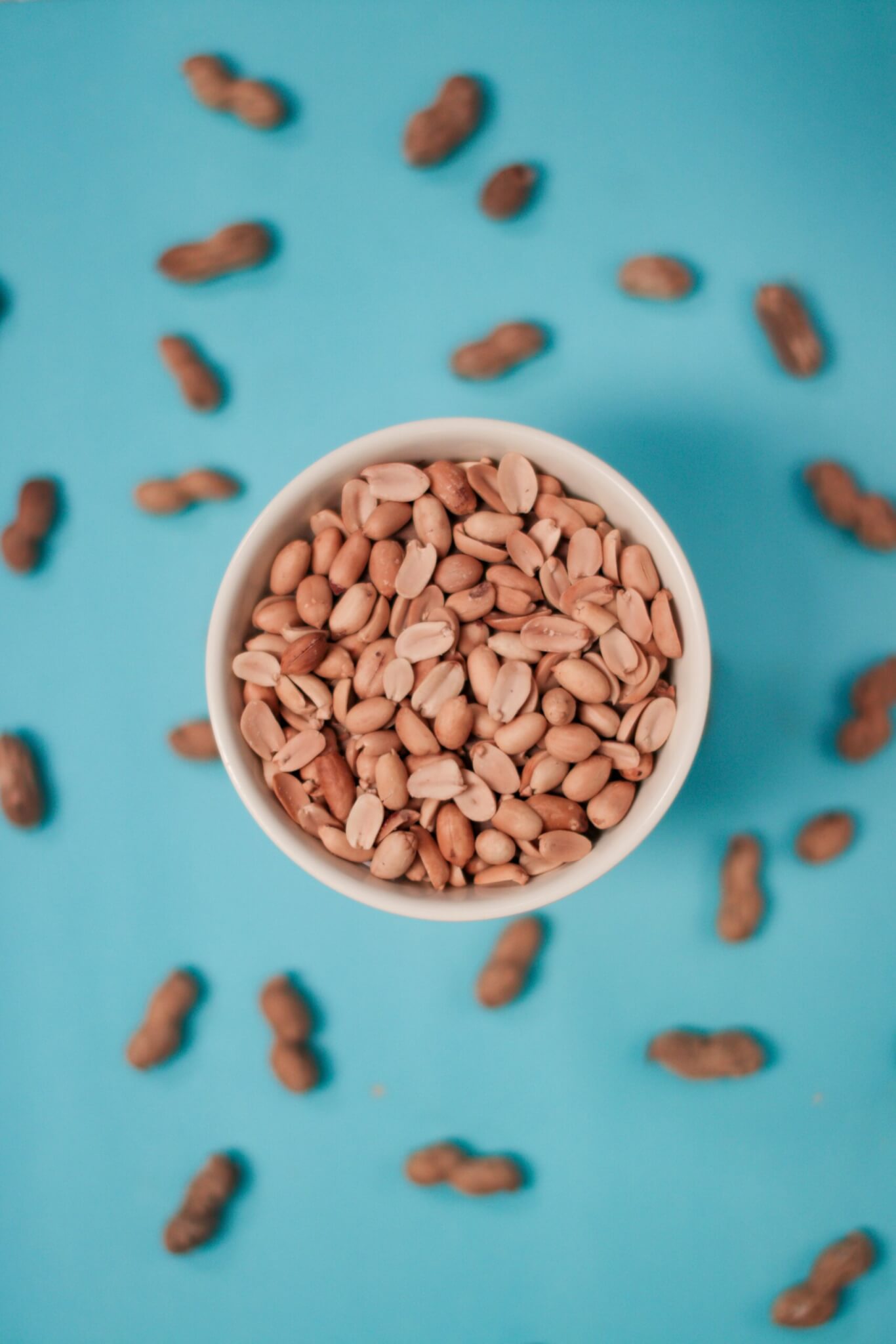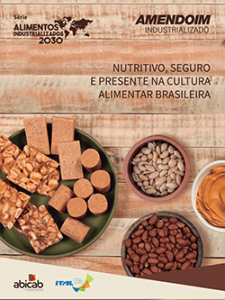ORIGIN OF INDUSTRIALIZED PEANUT
Peanut is incorporated in the global food culture for centuries, both for its nutritional value as for its practicality. In its many forms, industrialized peanut products are consumed in different occasions and different ways. There are products in grains that can be raw or toasted, with our without salt and addition of flavors, or with crunchy toppings, such as “Japanese” type and the peanut “eggs snack” usually consumed as treats or snacks between meals. Other paste, granulated, or flour products are ingredients of many recipes of commercial confectionery and for domestic cooking preparations. Pastes have also been highlighted as a source of energy and plant-based protein for markets such as, for example, sporting, and vegetarian. There is a wide variety of types of products among the sweet products, such as candied peanut, the traditional peanut brittle bar and paçoca, and peanut-based mixed candy, such as nougats, rapadura, cookies, cakes and candies.
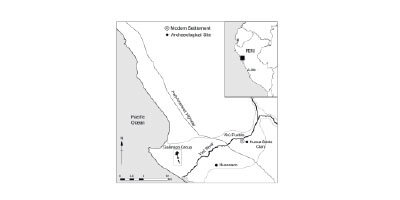
200 B.C. to 800 A.D. Archaeological studies reveal that, in Inca society, more specifically in Peru, peanut was consumed in different forms: toasted, roasted, fried, salted, cooked, ground, mashed, as fermented beverage, combined with honey or used in sauces.

16th Century. In Brazil, naturalist Gabriel Soares de Souza describes the peanut plant and its uses.
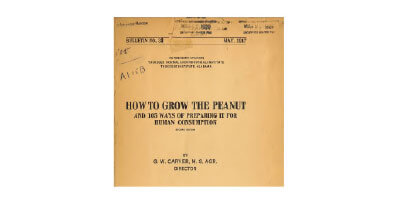
Beginning of 20th Century. The research of the scientist Dr. George Washington Carver
defend peanut as an effective commercial crop and presents different ways of using peanut for human consumption and other purposes

Beginning of 20th Century. In the USA, peanuts sale is sprung throughout coin-operated vending machines.
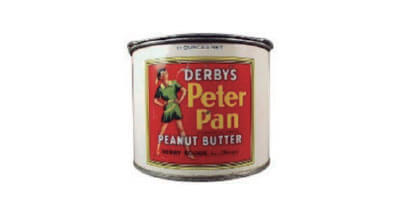
1922. The chemist Joseph Rosefield invents a way to make the peanut butter lighter and tastier, adding partially hydrogenated oil to it. This product license was sold to a peanut butter company, Peter Pan.
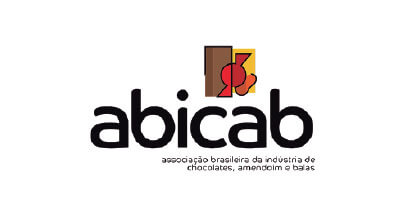
1957. Foundation of the Brazilian Association of Chocolate, Peanut and Candy Industries (Abicab), in the city of São Paulo, SP, Brazil. In 2001, they started representing the peanut companies.
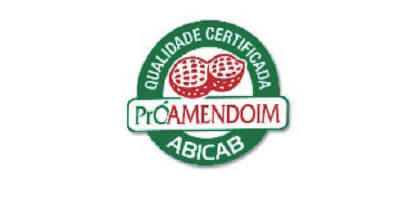
2001. Abicab implements the Pró-Amendoim (Pro-Peanut), designed to ensure the safety of peanut-made products, creating a stamp “Certified Quality Pró-Amendoim-Abicab”.


